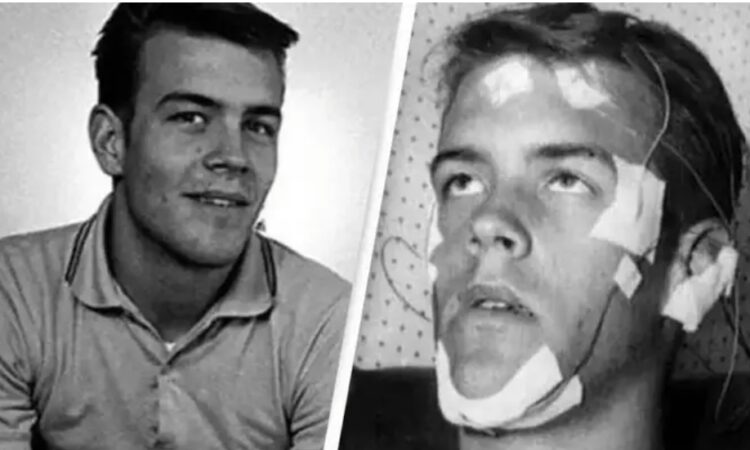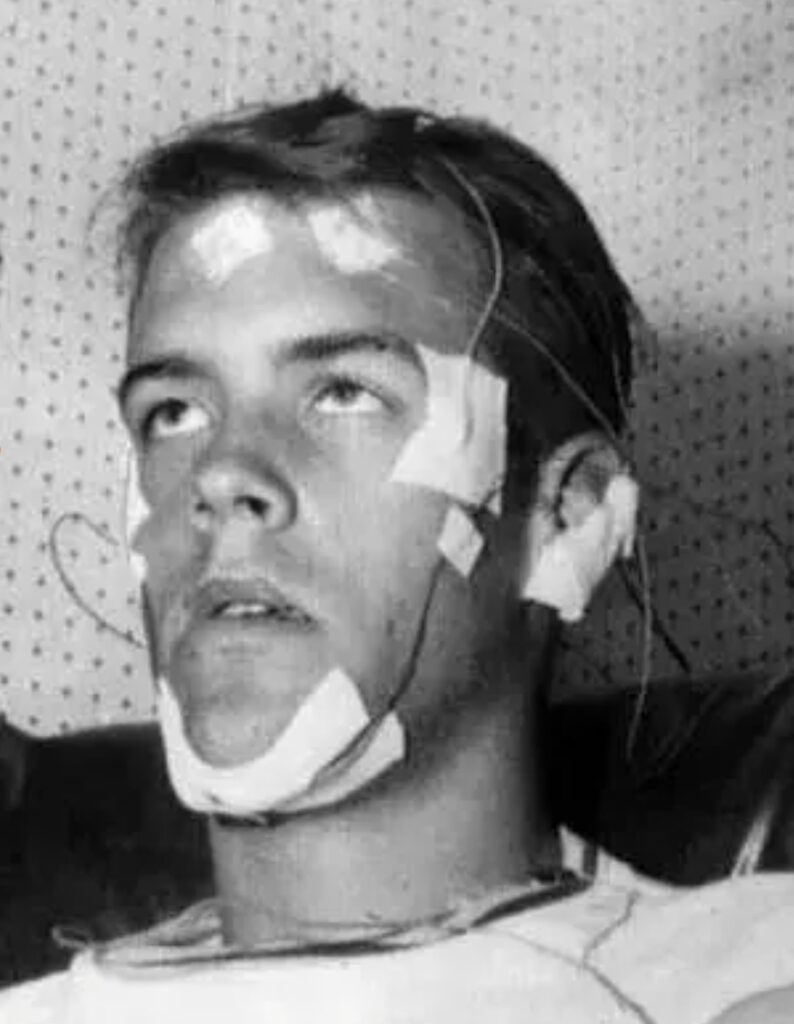
In 1963, two lads in the US came up with an idea for a school science project, but their experiment would have consequences that lasted for decades
Randy Gardner, 17, and his mate Bruce McAllister needed to come up with an idea for a science fair project, and after putting their heads together, decided they wanted to beat the world record for staying awake
At the time, the record was held by a DJ in Honolulu, who’d managed to stay up for a staggering 260 hours (just under 11 days).
Their aim was simple – they wanted to figure out what happens to our brains when we don’t sleep.
“We were idiots, you know young idiots,” McAllister told the BBC.
“[The] first version of it was [to explore] the effect of sleeplessness on paranormal ability.
“We realised there was no way we could do that and so we decided on the effect of sleep deprivation on cognitive abilities, performance on the basketball court. Whatever we could come up with.”
Luckily for McAllister, a coin toss flip meant he wasn’t the unfortunate one to have to go without sleep, meaning it was left to Gardner to stay awake for as long as possible.
“I stayed awake with him to monitor him… and after three night of sleeplessness myself I woke up tipped against the wall writing notes on the wall itself,” McAllister explained.
Realising it was harder than it looked, the pair quickly enlisted the help of another mate, and soon after sleep researcher William Dement from Stanford University came on board.
“[Randy’s parents] were very worried that this might be something that would really be harmful to him. Because the question was still unresolved on whether or not if you go without sleep long enough you will die,” Dement said.
It’s no secret that sleep deprivation has dire effects on your body, including memory issues, risk of heart disease, poor balance and high blood pressure.
Indeed, despite being off to a confident start, the experiment birthed some unexpected results when it came to the lad’s cognitive and sensory abilities.
Gardner reportedly experienced moodiness, concentration issues and short-term memory loss, as well as paranoia and even hallucinations.
“He was physically very fit,” Dement said. “So we could always get him going by playing basketball or going bowling, things like that. If he closed his eyes he would be immediately asleep.”
Interestingly, brain scans later found that Gardner’s brain had been ‘catnapping the entire time… parts of it would be asleep parts of it would be awake.’

In total, the teen managed to stay awake for 11 days (264 hours), breaking the record at the time and marking an end to the science experiment.
After being taken to the naval hospital, the 17-year-old slept for 14 hours before impressively waking up naturally without feeling too ‘groggy’.
“I slept just over 14 hours. I remember when I woke up, I was groggy, but not any groggier than a normal person,” he told NPR.
At first, Gardner seemed to have no major effects from the ambitious project, but he later admitted suffering from decades of unbearable insomnia.
“I was awful to be around. Everything upset me. It was like a continuation of what I did 50 years ago,” he said.
They better have won the science fair for this.
Gardner’s record was eventually broken, and the current record is help by Robert McDonald, who stayed awake for 453 hours 40 minutes (18 days 21 hours 40 minutes) in 1986.
After that, Guinness World Records stopped monitoring the record due to due to ‘the inherent dangers associated with sleep deprivation’, although it added that ‘no one is known to have broken it since McDonald’.
That’s probably for the best, isn’t it.




